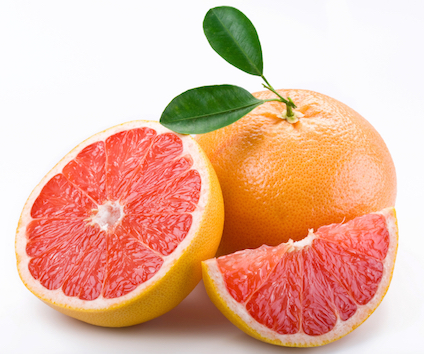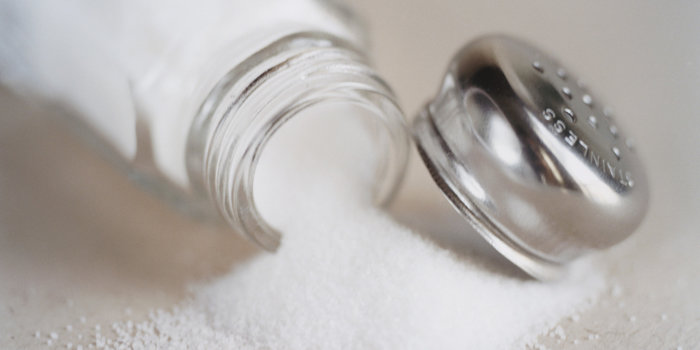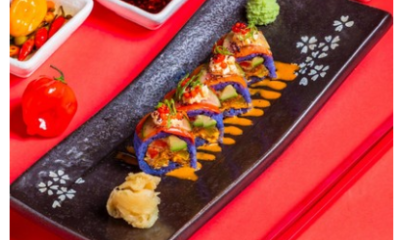Health
Your Diet Could Be Messing With Your Prescribed Medicines
The human body is an uber complex system. There is a lot that goes into making it function properly, and your diet and external supplements play a major role in the same.
When we’re recommended a medication, we assume that we’ll take it, and then get better. Often it doesn’t work like that. So much interacts with medicine that we seldom think about — and we’re not just talking about alcohol and other narcotics.
There are a number of foods that can get in the way of how a pharmaceutical drug operates. Here are common foods that can interact with the medicine you take, and when to know whether you should control their intake, or cut them out completely.
Orange Juice and Antihistamines
Citrus foods can challenge how your body absorbs antihistamines – allergy treating drugs – too. The problem comes down to furanocoumarins, a natural compound found in tangelos, Seville oranges and pomelos – all cousins of the grapefruit. Orange juice can block the work of proteins that transport allergy medicines around your body, blocking absorption and reducing the drug’s effectiveness. You can still consume orange juice on Allegra — the trick is to separate when you take each one. For example, if you are going to have orange juice in the morning, have the Allegra at night.
Grapefruit and Statins
Statin medications to help cholesterol, such as Lipitor or Crestor, are dangerous to take with grapefruit. Grapefruit juice competes with the enzyme that is directly responsible for breaking down statin medications in your body. The enzyme, CYP3A4, lives in your liver and small intestine. Combined with grapefruit juice, the result is higher levels of the drug in your bloodstream – meaning worsened side effects like muscle pain and weakness. “On statin medications, it is best to avoid to grapefruit juice completely,” says Stefanie Ferreri, a clinical professor at the University of North Carolina Eshelman School of Pharmacy.
Kale, Licorice and Blood-Thinners
Kale, collard greens, spinach, broccoli and Brussels sprouts can cause a problem when consumed in excess on blood-thinning drugs like Coumadin or Warfarin. Green leafy vegetables are rich in Vitamin K and can increase the risk of bleeding. And since Vitamin K naturally helps blood to clot, it can work against a blood-thinner’s job in your body.
Black licorice made from the licorice root can also interfere with Coumadin. Glycyrrhizin, a naturally occurring chemical, breaks down Coumadin too quickly and can increase your risk for blood clots. If you’re on a blood-thinner, check the candy’s ingredient list for the words “licorice extract” or “licorice root extract” and steer clear.
Salty Foods and Blood-Pressure Meds
We’ve all heard this one before! For people taking blood-pressure reducing medications, additional sodium can raise blood pressure and force the medication to work much harder. Health experts suggest rinsing canned vegetables with water to remove much of the salt, and not to add any additional sodium to your meal.
So basically, not only is it enough to take the right kind of medicines but to also keep a check on your diet whilst you are on medication. Because what you may consider healthy otherwise, might actually be messing up your system!
























